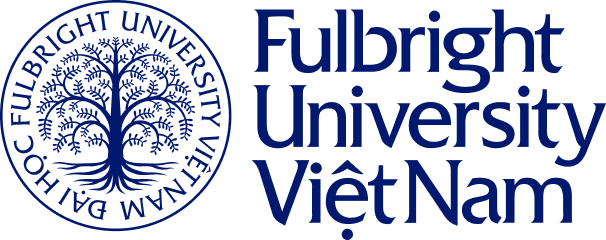This course cross-lists with Vietnam Studies. It will allow students to replace Vietnam in the context of Southeast Asia, explore its relationship with its neighbors and new perspectives of its modern historical development. It will help Vietnam Studies students understand regional differences in culture, cultural values, social attitudes, and approaches to history and politics.This course introduces students to Southeast Asia and its history from the earlier times to the end of the twentieth century. Despite its fundamental role in world history, it has received little attention until the 19th century, when the region came under Western rule and/or influence. Southeast Asia is a vast and complex region comprised of eleven independent states: Brunei, Myanmar (Burma), Cambodia, Indonesia, Laos, Malaysia, the Philippines, Singapore, Thailand, Timor-Leste, and Vietnam. It has one of the world’s greatest ethnic, linguistic, religious, and cultural diversity. Throughout the semester, students will explore: Indianization, Sinicization; state formation and development; trade and circulation of ideas; Islamization, and Christianization; Asian colonialisms; Western colonialism and its legacies; nation-building; decolonization and birth of Southeast Asian nations; postcolonial regimes, “Asian values”, and “democracy”; politicization of the religions and radicalization; minority struggles, separatism, and autonomy. Finally, to get a more nuanced approach of the events, students will have the opportunity be introduced to vernacular sources and Southeast Asian perspectives on events that affected their societies and historical developments but had also a deep impact on the formation of Southeast Asia as we know it today.
Introduction
offering time
Fall 23
Major
History
Faculty
Nicolas Weber
Category
Exploratory
Course code







